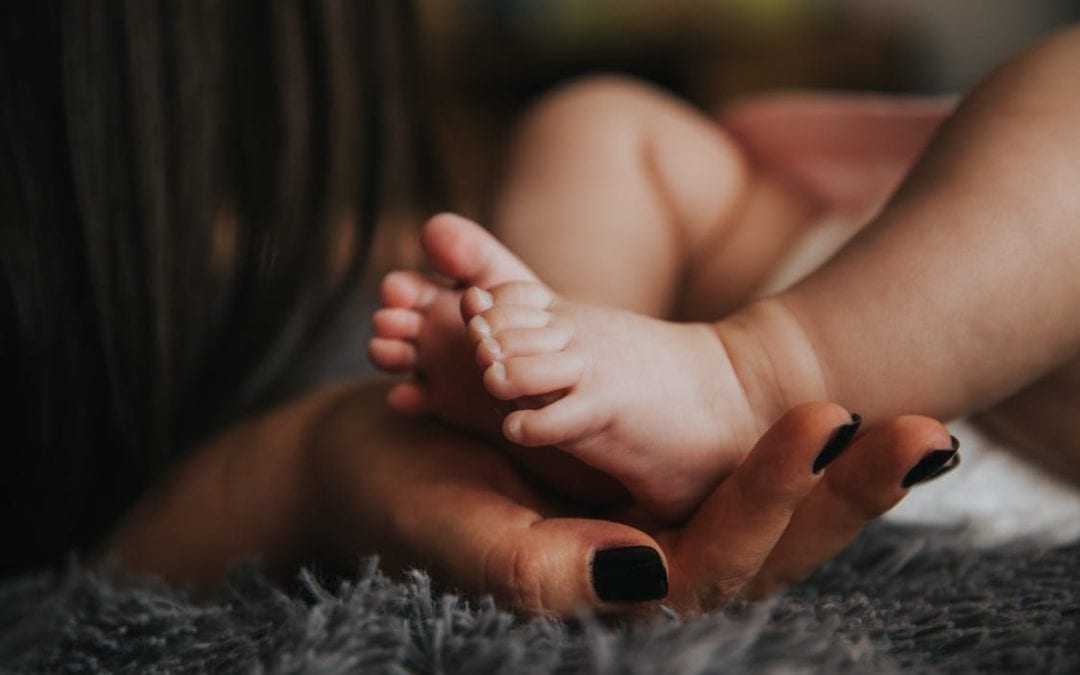By: Liz Wilson
My children were born 6 years apart. My son and daughter are two very different children with two very different mothers; who happened to be in the same body. That is largely because of my changing attitude toward education and self-advocacy.
Thomas was barely a week old when the postpartum depression turned psychotic in proportions.
“Take me to the hospital now!” I screamed at my husband.
We were on the way to the emergency room–with me writing my eulogy in my head–when my partner’s words sunk in at last.
“The breast lumps are probably just your milk drying up.”
He was right and having started in hysteria, this incident ended in embarrassment quickly.
Until six years later, I would not understand that this was the consequence of me not asking questions and not being educated about things I never knew that I didn’t know.
For one thing, I had had a C-section with my son, but more to the point, I was uneducated about the birthing process and postpartum as well as about depression in general. And those six years between my son and my daughter I was learning to love education.
My second child was born while I was beginning college. This was a time where I was able to recognize the chemical shift going on in my body and act immediately. So, I breastfed her where I had not my son (which helps with post partum depression). I read every book I could find on pregnancy and postpartum and successfully had a vbac (vaginal birth after cesarean) after my cesarean with Thomas.
Preparation would help me navigate my second postpartum depression like a beast. Hospital education, online education, book education and asking a lot of questions of my medical team were the key.
A second factor was knowing my symptoms and myself, knowing how depression showed itself in me and knowing what symptoms indicate that I needed medical intervention or at least my Medical Team’s advice. I had a greater support group when I had my daughter than I did with my son. And I was much more willing to ask questions and advocate for myself with my medical team. Not-with-standing I was also 6 years more mature.
Support people can help plan post partum mood navigation, can help make a WRAP plan, advocate with and for them to the emergency room team and educate yourself and them in many ways.
A final thought, for me, the added support for me…friends and family mostly…was necessary at times throughout my kids growing up….parenting can be a challenge during either extreme mood. Shout out to my gal pals and BC from WKU…it takes a village.

